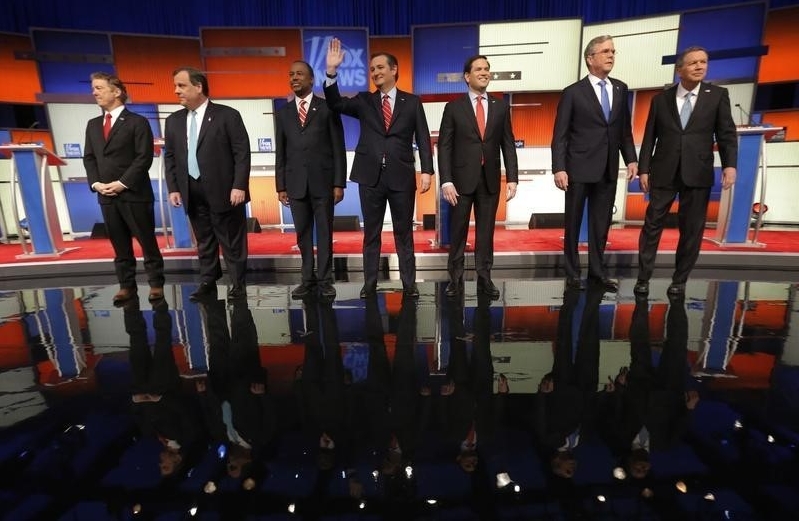
Iowans have already met the presidential hopefuls and asked them the hard questions. Now, they are ready to determine who will be the Republican and Democratic nominees on Monday night's caucuses. Here are some of the answers to questions about the Iowa caucuses.
The Democratic and Republican parties conduct their respective caucuses at the same schedule. The conventions this year will start at 7 p.m. CST on Feb. 1 at different locations in Iowa's 99 counties. The presidential nominees are decided in each of the state's 1,681 precincts. Republicans will meet at around 900 precincts, while Democrats will gather at nearly 1,100 spots.
Both parties conduct their caucuses simultaneously, but they do it differently.
For Republican Party, caucus-goers go to a meeting where they will hear speeches from local representatives of the presidential campaigns, then decide they will decide their preferred candidate. They will vote on individual ballots, and the results will be tabulated and announced.
Democrats, on other hand, will also go to conventions, but they will sit in different parts of the room based on their preferred presidential candidate. If the number of people in any group is lower than 15 percent of the total, they can either choose not to participate or can join another candidate group. This process leads to some intense persuasion from candidate representatives to join them and prevent their supporters to go to another top candidate. Once there are no non-viable groups left, the results will be decided.
All of the presidential candidates aim to win the approval of Iowan voters, because this could give them a huge advantage as they shift their attention to the New Hampshire primary eight days later.
Religion matters in Iowa. Four out of five adults in Iowa are Christians, according to a report from Time.
There's a long-held rule in American politics that devout candidates attract religious voters. However, statistics says otherwise. Most of the voters are supporting Donald Trump even though he is widely viewed as the least religious in all presidential candidates. A recent Pew survey found only 5% of Republican voters say Trump is a religious person. That numbers have a big difference to other candidates: 47% for Ben Carson, 30% for Ted Cruz and 20% for Marco Rubio.
On other hand, black Protestants and religiously unaffiliated voters are longtime Democratic voters. In the same article from Time, it says half of religiously unaffiliated voters support Bernie Sanders and majority of black Protestants back Hillary Clinton.
With that information, let's wait and see who will win the Iowa caucuses on Monday.







